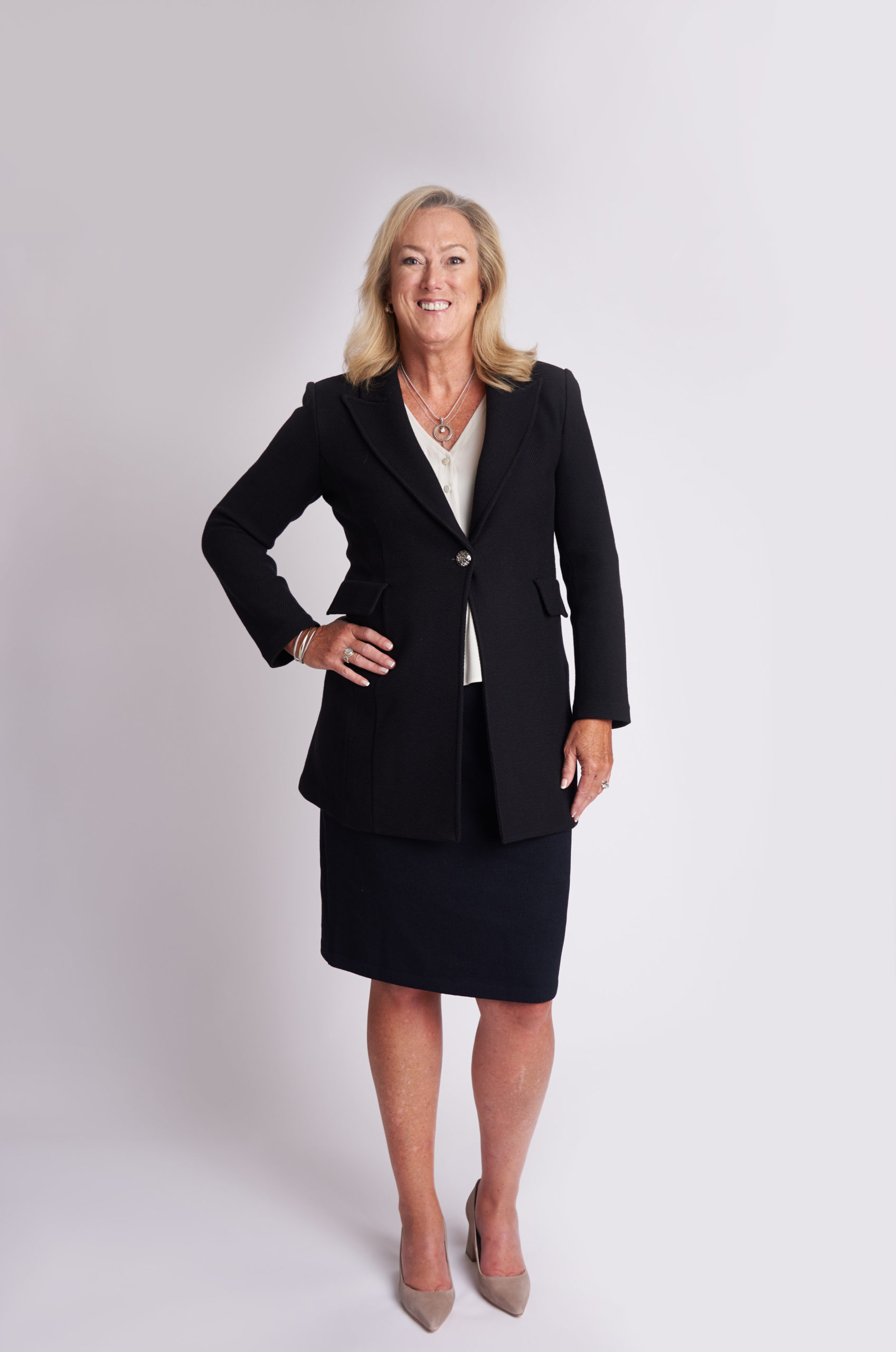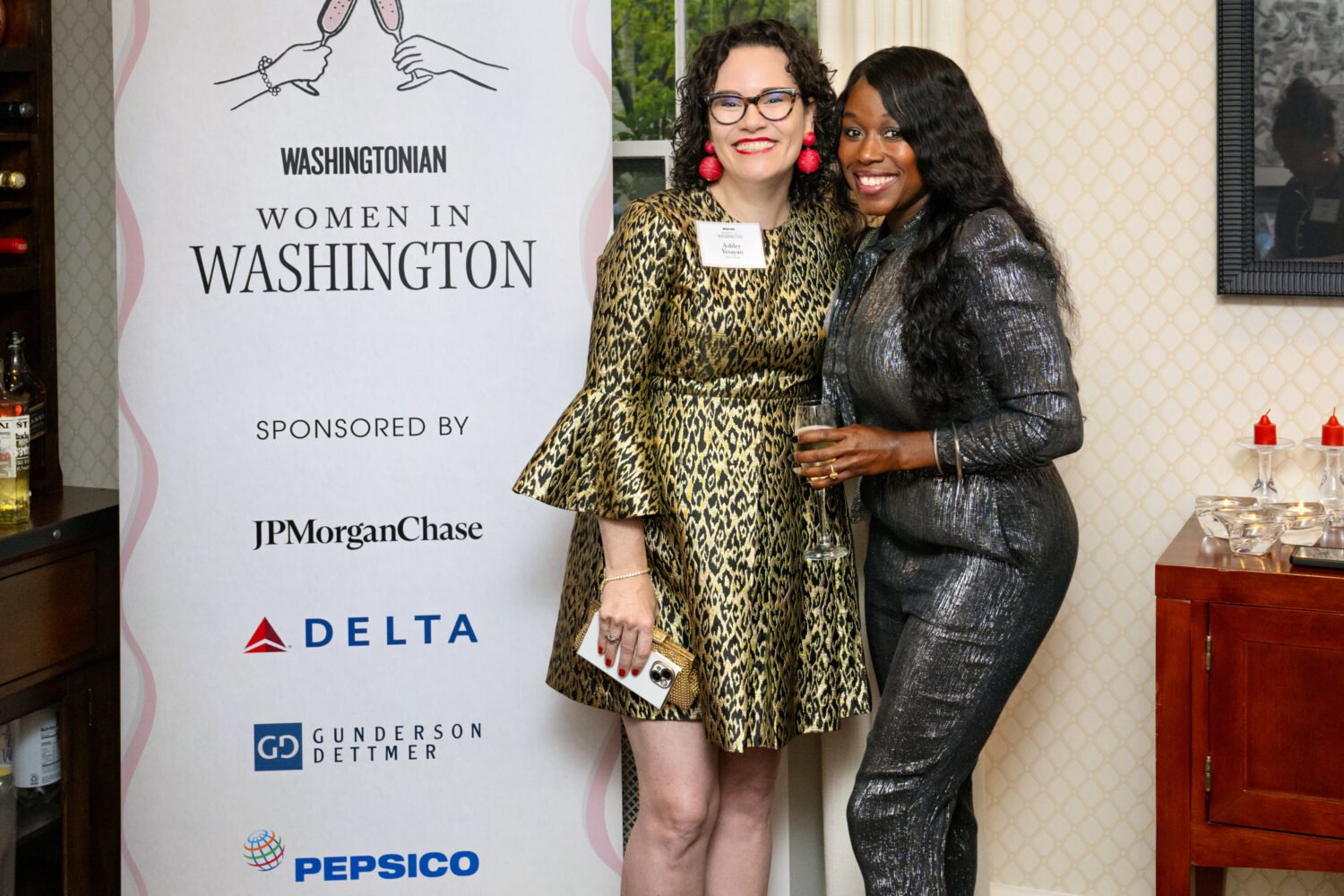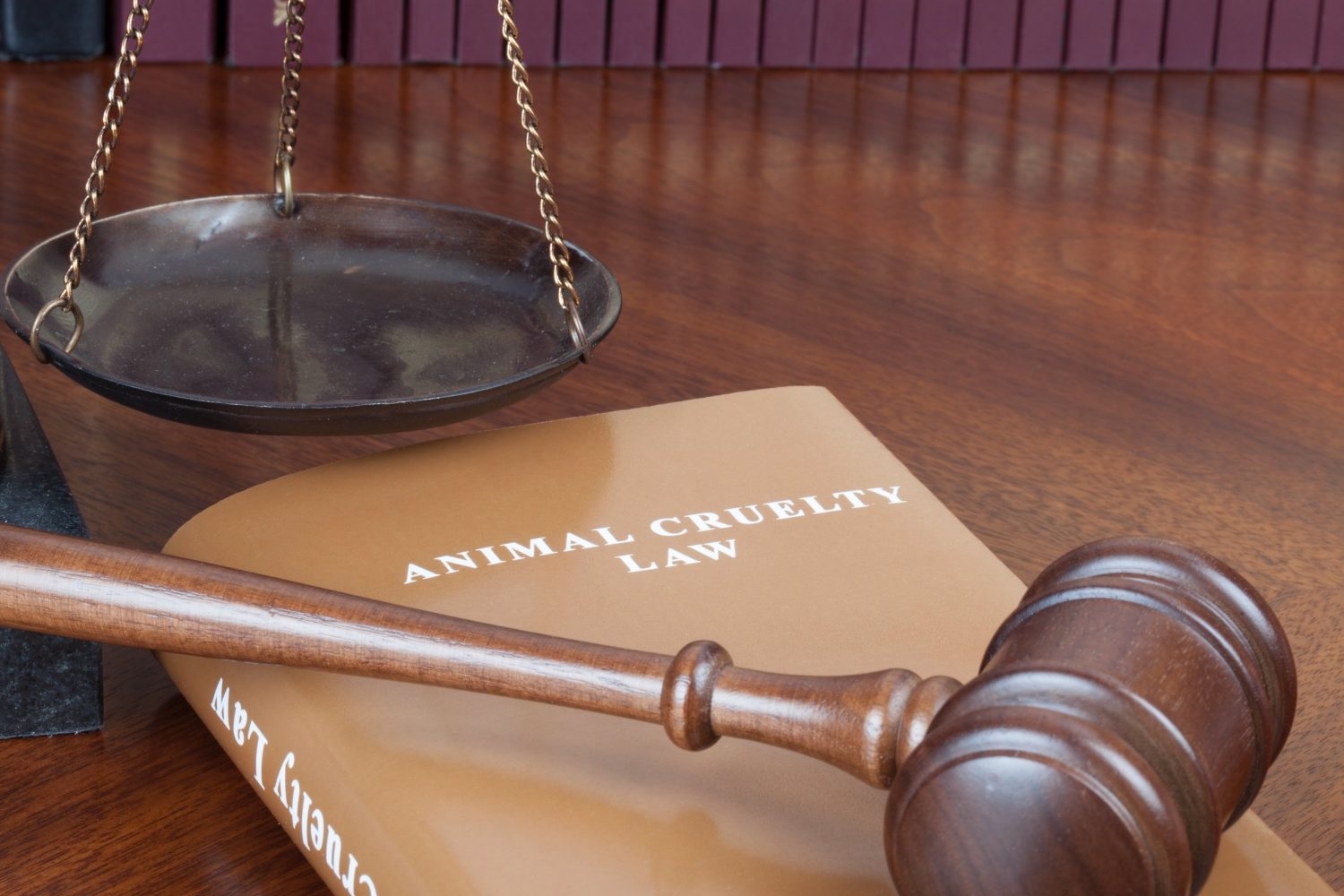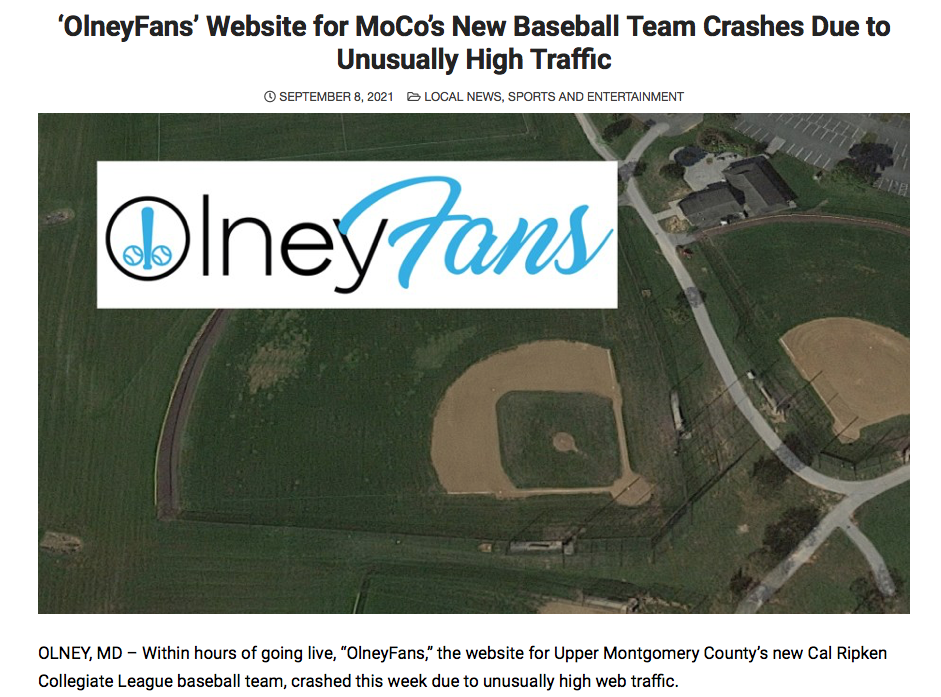Kerrie Campbell, an ex-partner at Chadbourne & Parke, sued her firm—essentially torching her Big Law career.
“After I’d been there a while, there was a distribution of information. I was in the top 20 or higher for revenue generation but like the bottom third in compensation—it was horrific. I’d had 29 years in the business. I started asking questions. I got the sense that it was a very bad thing to suggest the all-male management committee be questioned about anything. My pay seemed to get smaller. My staffing got less. One day, the managing partner came in to say I’d have to leave. At that point, I had generated about $5 million in two years. I was so grief-stricken.
This story is part of Washingtonian‘s feature “What It’s Like to Be a Woman in Washington.” For more:
[su_posts id=”862395″ order=”desc” ignore_sticky_posts=”yes”]
“It’s a big deal to take on Big Law, because you’re not going to be able to get another job. I tell my women plaintiffs you have to be prepared that they’ll call you a nut or a slut or dumb. In my case, I had unwavering conviction that the lawsuit was the right thing to do. That was reinforced on day one, when it became public. People I didn’t even know called and texted to say, ‘You go, girl.’ By the time it ended, there were two other named plaintiffs. [The firm settled for $3 million–plus.] But I had to figure out how to reinvent myself. I started my own firm. I joined the Time’s Up legal defense fund [after #MeToo took hold], and over the first six months of that, I got three discrimination cases. I have never, ever regretted for one second speaking up and taking a stand—not for one second.”
This article appears in the October 2019 issue of Washingtonian.



















